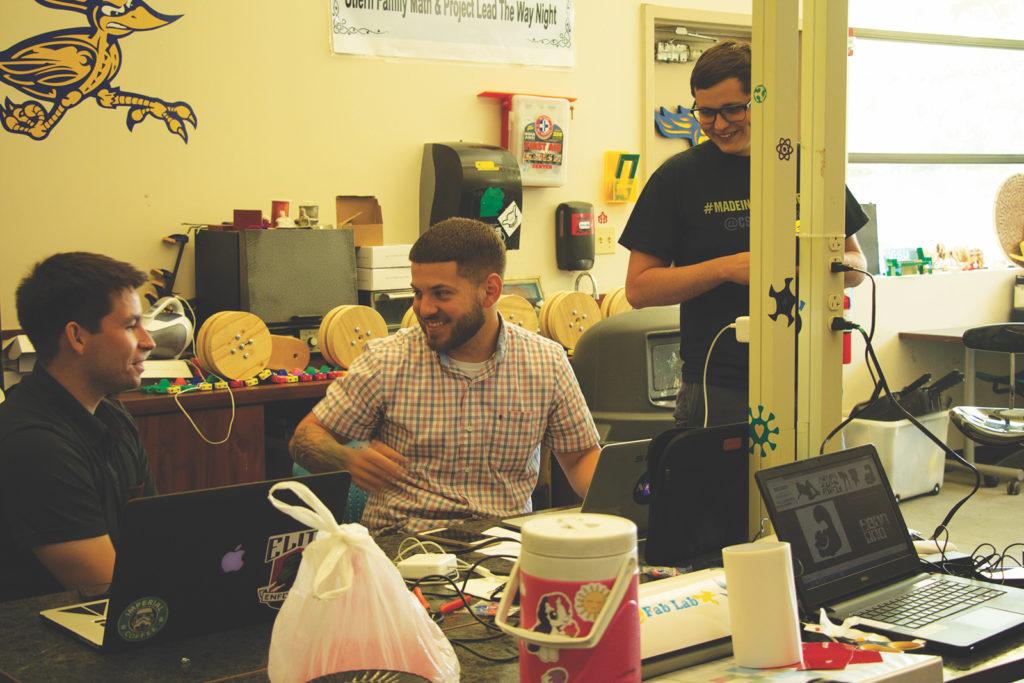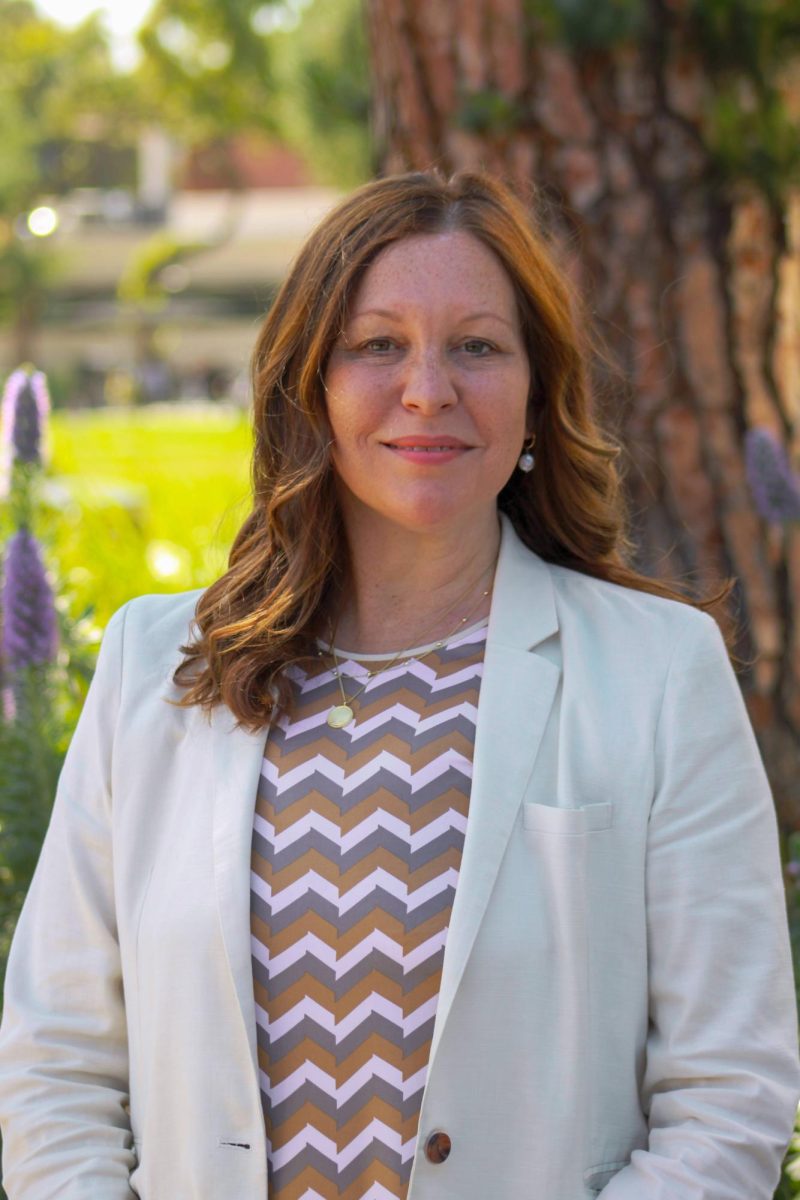Reporter
On Thursday, Aug. 30th, three of CSU Bakersfield’s engineering programs achieved accreditation from the Accreditation Board for Engineering and Technology (ABET), a nongovernmental accreditor of college science, engineering and computing programs.
ABET accreditation is pursued internationally to affirm that a program follows industry standards in the preparation of technical professionals. The organization has 3,800 programs in 31 countries.
Students who graduate with bachelor’s degrees in electrical engineering, computer engineering, and engineering technology at CSUB will now have the accreditation attached to their degrees, going back to the first class to go through the full program, the class of 2016.
They will have an additional advantage in the workforce, as ABET accreditation is preferred and in some cases even required, by employers seeking to hire in these technical fields. These employers, including the United States military and Chevon, see ABET accreditation as a sign that graduates are qualified to enter the technical fields.
Even internship programs prefer to recruit students with this qualification.
Joanna Francisco, who is starting her senior year in the engineering program, says that she has her eye on an internship with PG&E. “I have friends who tell me that they do consider [ABET accreditation].”
Francisco is relieved to hear that she will now have this advantage in pursuing her internship, since she did not plan to come to a university without ABET accreditation in the first place. “I didn’t know that we didn’t have [accreditation] when I came here. They announced it in class one day and I was like, ‘Wait, what?’”
Dr. Kathleen Madden, dean of CSUB’s school of natural sciences, mathematics and engineering, highlights the importance of accreditation for students like Francisco. “If you really want your graduates to be competitive, you have to have an ABET-accredited program.”
Engineering students also benefit from accreditation when they pursue a license as a Professional Engineer (PE). Students whose degrees are from a non-accredited program are required to have extra years of engineering experience before they are qualified to take the PE exam.
As Dr. Jorge Talamantes, professor and former chair of the physics and engineering department, puts it, companies will be more inclined to hire CSUB engineers now that “everyone knows [our program] meets high standards.”
Though administrators have had their eyes on ABET standards since CSUB introduced its programs in electrical engineering and engineering sciences in 2012, Talamantes says certain requirements had to be met before the university could request a review from the organization.
The main hurdle to overcome was the university’s high number of general education units required of all students. It was simply not possible for engineering students to graduate in four years with these GE requirements on top of the STEM courses that ABET requires.
Through mutual efforts, however, the university and engineering faculty reached an agreement that engineering students could fulfill certain GE requirements with the same courses that met ABET standards.
Once the program was up to standards, a graduating class had to go through that program before ABET could be contacted for a review. The first class to finish the program graduated in December 2016.
In November 2017, ABET sent out a team to review each of the three programs for three days, basing their judgement on a review of every aspect of the program.
According to Talamantes, the review process is thorough. “They look at the curriculum, the quantity and qualifications of the faculty, the laboratories. They look at your library resources and services like advising. They look at everything that has to do with the students and their education.”
CSUB students played their own role in the process, beyond following through with the program. The ABET team took a sample of engineering students out of earshot of their professors and asked them about their education experience.
Now that a sought-after goal has been achieved, the department and its students look toward the future.
For senior Christopher Smith, the accreditation ensures that he has the right tools to reach his goals. “I think getting accreditation will help with getting job experience before I start my own business.” He plans to start an electrical engineering business, “maybe blueprinting for buildings and large structures.” Before he sets out on his own, though, he wants to do electrical engineering work for the city of Los Angeles. He expects the accreditation will help get him there.
“I think it’s going to help CSUB in terms of its scholastic integrity,” said Aiden Nuckles, a sophomore majoring in computer engineering.
That increase in “scholastic integrity,” as Nuckles puts it, is expected to lead to increased enrollment in the engineering majors.
This leads the university to its next challenge: growing in tandem with the enrollment. This is especially true as CSUB offers a concentration in petroleum engineering which is particularly useful in Bakersfield.
The administration, however, is prepared. With the expected influx of students, Madden anticipates that the accreditation will make CSUB more competitive for grant funding, which she expects will be helpful in accommodating more engineering majors.








